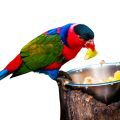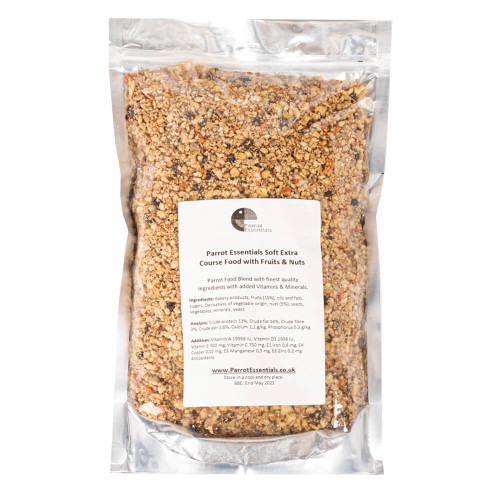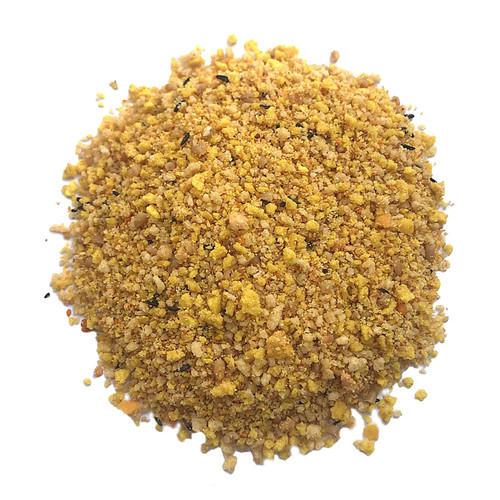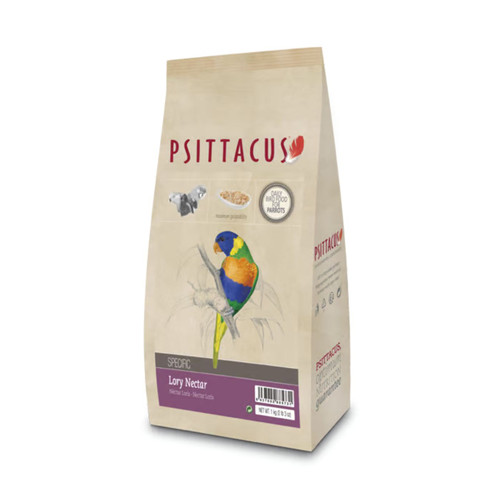Black Capped Lories have unique dietary needs, thriving on nectar-based diets rather than seed-heavy foods. At Parrot Essentials, we've curated a premium range of nectars, soft foods, and enrichment toppers tailored to this species, supporting their vibrant plumage, high energy levels, and overall well-being.
With trusted brands and multiple flavours available, this collection makes it easy to provide complete nutrition while adding variety and enrichment. Enjoy Subscribe & Save options and free UK delivery on orders over £39.
- Nectar-Based Diets: Lorikeet-specific nectars like Psittacus, Golden Lori Tropic, and Askio Nature for daily feeding.
- Soft & Mash Foods: Organic mashes such as Harrison's High Potency and Adult Lifetime for added nutrition.
- Low-Iron Blends: Specially formulated feeds to meet the needs of nectar-feeding parrots and protect liver health.
- Enrichment Toppers: Bee pollen, veggie vibes, flower fusions, and fruit blends to enhance flavour and variety.
- Trusted Brands: Psittacus, Harrison's, Parrot Essentials, and Vetark.
- For Picky Eaters: Soft fruit-based foods and mash blends to encourage dietary diversity.
- Convenient Options: Bulk sizes, Subscribe & Save, and multi-buy discounts for long-term value.
- Vet-Approved Nutrition: All foods carefully selected for lorikeet health and dietary balance.
FAQs – Black Capped Lory Diet
1. What is the best diet for a Black Capped Lory?
Nectar-based foods designed for lorikeets are essential, complemented by fresh fruits and soft enrichment foods.
2. Can I feed seed-based diets to my lory?
No, lories cannot digest seeds effectively and should be fed nectar diets formulated specifically for them.
3. Are enrichment toppers necessary?
While not essential, toppers like bee pollen or flower fusions add extra nutrition and encourage natural foraging behaviours.
4. How often should nectar be prepared?
Prepare fresh nectar daily and clean feeding dishes regularly to prevent bacterial growth.
5. Can I mix soft foods with nectar?
Yes, soft foods like fruit mash or Harrison's mash can complement nectar diets and add dietary variety.
 Nourishment Designed for Black Capped Lories
Nourishment Designed for Black Capped Lories















